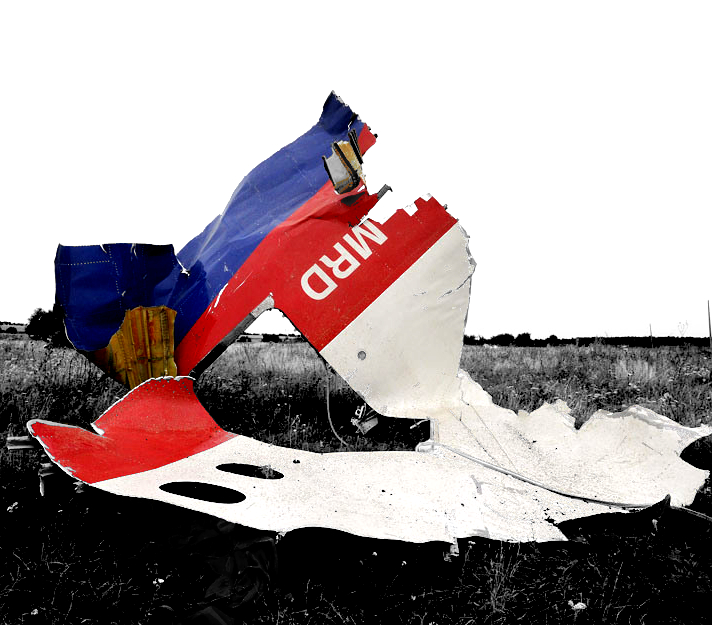New rules rising in air crash aftershock
 Safety, cost, regulation and services are being weighed-up in the wake of recent air disasters.
Safety, cost, regulation and services are being weighed-up in the wake of recent air disasters.
Government papers say some regional air routes could be deregulated in order to drive down costs for airlines.
Meanwhile, the Transport Workers Union could take up industrial action in the name of air safety.
A West Australian Department of Transport position paper has flagged reviews for eight routes, on which agreements between the State Government and airlines expire in February 2016.
Among the recommendations is a call to open up Albany and Esperance routes to more competition, as well as reducing regulation on the run to Learmonth in Exmouth.
Virgin runs the only services on the Albany and Esperance routes, and says it is reviewing the document.
The paper suggests maintain regulation on flights to Monkey Mia, Carnarvon and the three northern Goldfields' airports, but says public services to Leinster should stop entirely.
Transport Minister Dean Nalder made a statement along with the paper, saying more competition could result in cheaper flights to regional centres.
“Albany is sitting at 60 cents per kilometre whereas to regional areas it's considerably lower and we're hopeful that through deregulation we may be able to tackle that,” he said.
“Where we have higher levels of patronage we may be able to achieve competition and therefore lower prices.”
Public comment is open until October 31.
In Canada, a meeting of the International Air Transport Association has asked what moral duties airlines should have, to keep each other safe in the wake of disasters including the disappearance of MH370 and the attack on MH17.
Jeff Poole, the director general of the Civil Air Navigation Services organisation, says there needs to be a reversal of concerns “about the disclosure and use of intelligence information”.
“For air traffic management; we do not need to know the detail, the security and intelligence reasons behind risk assessments,” he said.
“What we do need are authoritative, accurate and consistent information and decisions from the authorities.”
Back in Australia, the national secretary of the Transport Workers Union, Tony Sheldon, called on the Australian Government to do more to ensure airlines are not flying over war zones.
“The Australian travelling public not only have right to be not travelling over war zones, they have right when the Government enforces the airlines to have the option to know where the hell they're going,” Mr Sheldon told reporters in Sydney.
He has even flagged industrial action if nothing is done.
“I think it's critically important that in the coming weeks we'll be talking to members across the aviation industry,” he said.
“If the companies and the Government aren't prepared to step in then we should consider stepping in industrially to protect the travelling public.”







 Print
Print